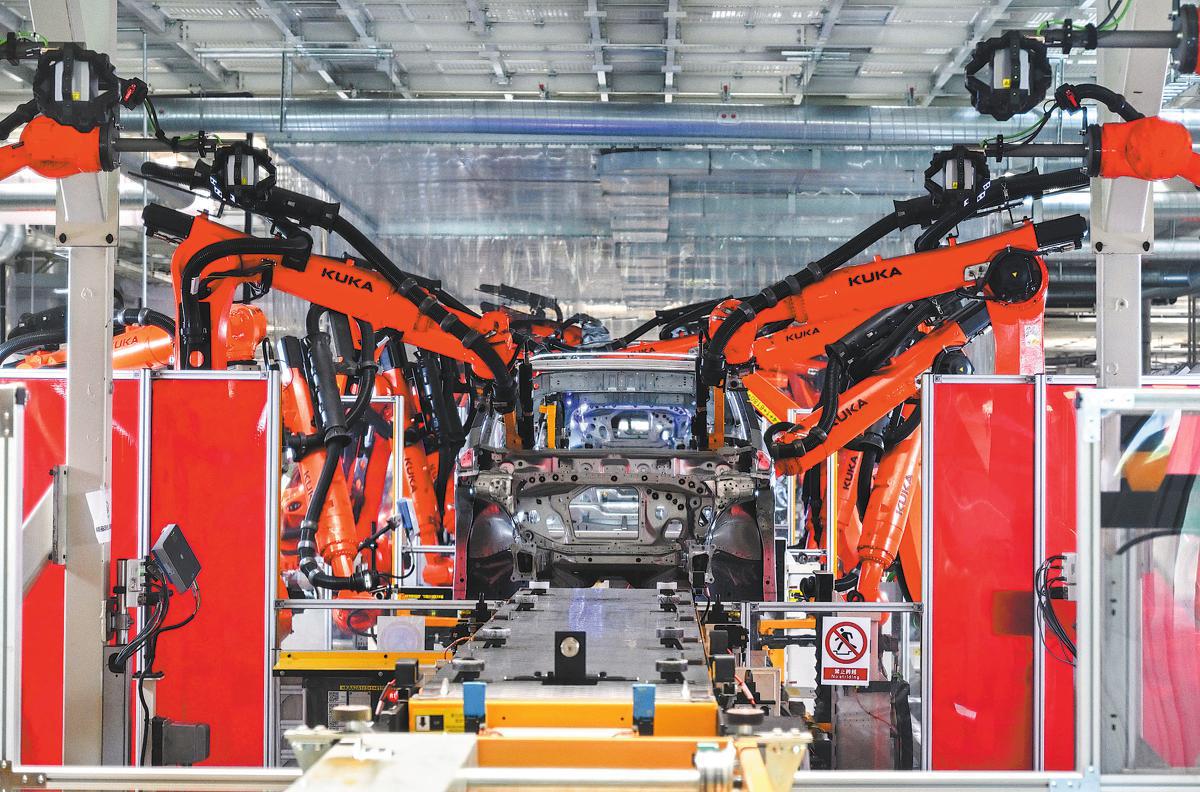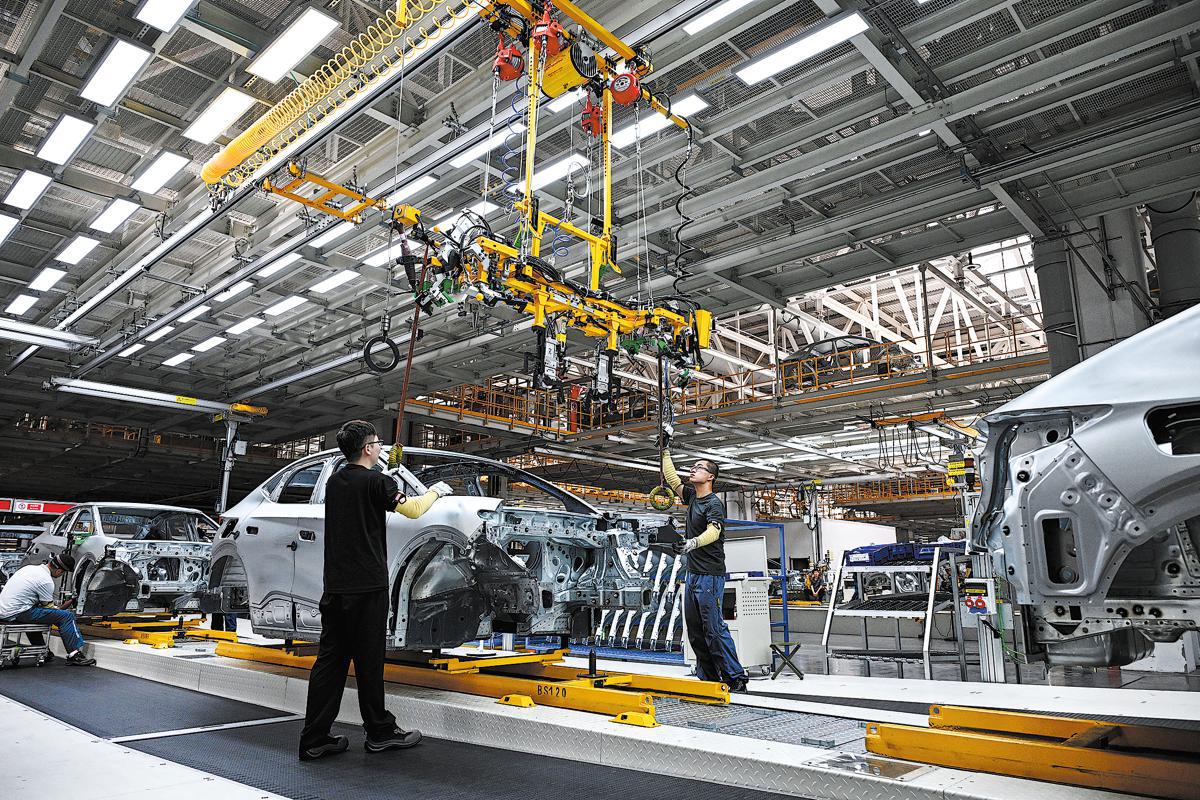Global auto giants look to China for future vision
Once solely a growing market, domestic innovation has turned the car industry on its head


At the Auto Shanghai show in April, an executive of Volkswagen — one of the world's biggest auto manufacturers — made a frank admission that the German giant had misfired on its country strategy for China.
"To be very honest, we didn't have the right product strategy or the right approach to drive the business in China," Oliver Blume, chairman of the board of management of the Volkswagen Group, told China Daily.
He was referring to the situation when the same event was held two years ago.
"But at this auto show, we're not just talking about strategy or plans on paper — we're showcasing real results, and that makes me very proud of what the teams have accomplished," said Blume.
The German automaker's long and profitable association with China began in October 1984 when it inked a deal with the Shanghai Automobile & Tractor Company to begin a joint venture, Shanghai Volkswagen. Now known as SAIC Volkswagen, it is the oldest extant automotive partnership in China.

Despite the Germans' initial concerns that the fledgling China operation could not produce even "one Volkswagen-standard car" the first model of the joint venture, the Santana, rolled off the assembly line in late 1985.
German technology and management, coupled with China's reform and opening-up and local workers' diligence, was the right formula for success. The Santana was a triumph, and for more than 30 years Volkswagen — joined by other foreign automakers such as Peugeot, Fiat, Toyota and Hyundai — rode on the path of prosperity created by China's ongoing development and modernization.
By 2009, China had become the world's largest vehicle market, and non-Chinese brands accounted for 56 percent of total vehicle sales, according to the China Association of Automobile Manufacturers.
But, the peak for overseas auto manufacturers in China was followed by a decline as the industry entered the era of NEVs.
Volkswagen sales tumbled from 3.85 million units in 2020 to 2.92 million units in 2024. In the meantime, Chinese automaker BYD's sales skyrocketed from 427,000 units in 2020 to 4.27 million units in 2024.
Volkswagen wasn't alone. South Korean automaker Hyundai, the world's third-largest carmaker, delivered 507,000 units in China in 2020, but last year its sales shrank to 157,000 units.
General Motors, the No 1 carmaker in the United States, saw its sales in China plunge from 2.9 million units to 1.83 million units over the same period.
























